Why 24 June elections?
One the day on which the state of emergency was extended for a seventh time in parliament, Erdoğan announced that the presidential and parliamentary election will be held on 24 June 2018. The aim reputedly lying behind the AKP opting for a 24 June election as opposed to Bahçeli’s proposed 26 August is to turn things in its favour in various ways. One of these is to catch the opposition unprepared.

 At the meeting between MHP General Chair Devlet Bahçeli, who had proposed an early election on 26 August, and President Tayyip Erdoğan, the election date was set for 24 June. It is said that the aim of the snap election decision by Erdoğan, who announced the date of the election at the very time the state of emergency was being extended for the seventh time in the General Assembly of Parliament, is to deny opposition parties the opportunity to seek alliances and settle on a joint presidential candidate. AKP management will rapidly embark on election-related work from today. The motion for the election to be held on 24 June is expected to be signed jointly by AKP and MHP members. The AKP will also speedily bring before parliament the harmonisation law relating to the new system that needs to be enacted before the election. MHP leader Devlet Bahçeli and President Tayyip Erdoğan convened yesterday at the Presidential Palace to discuss the election date. A snap election decision resulted from the meeting of roughly half an hour’s duration. Erdoğan, making a statement following the meeting, said that Turkey was still being governed under the old system following 16 April and, despite the no serious problems seemingly emerging thanks to the government and presidency working harmoniously, the sicknesses of the old system could confront them at any step that was taken. Erdoğan, saying, “Despite this, my preference has been to grit my teeth until the 2019 November elections in keeping with the undertaking I had given,” argued that, nevertheless, events of historical importance centred around Syria and Iraq made it imperative for Turkey to surmount the uncertainties at once and transitioning to the new system of government had increasingly become a matter of urgency to enable decisions on the country’s future to be taken more robustly. Erdoğan, announcing that in view of the prospects facing the country, he had reacted positively towards the early election proposal, commented, “The intensity of the domestic and foreign agenda facing Turkey dictates that the ensuing uncertainty be eliminated immediately by announcing an early election decision. In a period in which we need to make decisions on all matters, developments in Syria and macroeconomic balances, we must remove the issue of the election from the country’s agenda at once. Following the consultations I have conducted with Bahçeli, with whom we have reached agreement over contesting the upcoming elections in an alliance, we decided for them to be held on Sunday 24 June 2018.”
At the meeting between MHP General Chair Devlet Bahçeli, who had proposed an early election on 26 August, and President Tayyip Erdoğan, the election date was set for 24 June. It is said that the aim of the snap election decision by Erdoğan, who announced the date of the election at the very time the state of emergency was being extended for the seventh time in the General Assembly of Parliament, is to deny opposition parties the opportunity to seek alliances and settle on a joint presidential candidate. AKP management will rapidly embark on election-related work from today. The motion for the election to be held on 24 June is expected to be signed jointly by AKP and MHP members. The AKP will also speedily bring before parliament the harmonisation law relating to the new system that needs to be enacted before the election. MHP leader Devlet Bahçeli and President Tayyip Erdoğan convened yesterday at the Presidential Palace to discuss the election date. A snap election decision resulted from the meeting of roughly half an hour’s duration. Erdoğan, making a statement following the meeting, said that Turkey was still being governed under the old system following 16 April and, despite the no serious problems seemingly emerging thanks to the government and presidency working harmoniously, the sicknesses of the old system could confront them at any step that was taken. Erdoğan, saying, “Despite this, my preference has been to grit my teeth until the 2019 November elections in keeping with the undertaking I had given,” argued that, nevertheless, events of historical importance centred around Syria and Iraq made it imperative for Turkey to surmount the uncertainties at once and transitioning to the new system of government had increasingly become a matter of urgency to enable decisions on the country’s future to be taken more robustly. Erdoğan, announcing that in view of the prospects facing the country, he had reacted positively towards the early election proposal, commented, “The intensity of the domestic and foreign agenda facing Turkey dictates that the ensuing uncertainty be eliminated immediately by announcing an early election decision. In a period in which we need to make decisions on all matters, developments in Syria and macroeconomic balances, we must remove the issue of the election from the country’s agenda at once. Following the consultations I have conducted with Bahçeli, with whom we have reached agreement over contesting the upcoming elections in an alliance, we decided for them to be held on Sunday 24 June 2018.”
While the state of emergency was being extended
At the time Erdoğan was announcing the date of the snap election, the Prime Ministerial motion for the state of emergency to be extended for a seventh time was being debated in the General Assembly of Parliament. With the motion approved, the state of emergency was extended until 19 July. Accordingly, Turkey will go to the polls under state of emergency conditions just like the referendum held on 16 April. The AKP and MHP have rapidly embarked on endeavours to secure a parliamentary resolution for 24 June. The snap election motion is expected to be submitted to the parliamentary speaker’s office signed jointly by both parties. After the motion has been reviewed by the Constitutional Commission, it will be debated in the General Assembly of Parliament. The AKP Chair of the Parliamentary Constitutional Commission, Mustafa Şentop, has said that the early election resolution will be passed on Tuesday next week. A simple majority (at least 139 members of parliament) will suffice for an election resolution. Following the adoption of the election resolution, the Supreme Electoral Council (SEC) will announce the timetable for the election.
SEC under pressure to comply
Prior to deciding on the election, AKP management asked the SEC if the elections could be held on 24 June. The SEC apparently said that elections had previously been held within 54 days, but the process would be more difficult thanks to the new system that incorporates alliances and the uncertainties in the Presidential Election Law, but it could be done. Before the elections, the AKP needs to enact the harmonisation package including the Presidential Election Law that provides for the procedures and principles relating to the presidential election and containing the technical provisions pertaining to the new system. It is stated that the harmonisation laws might be enacted through empowering the government to issue decrees with the force of law under an authorising statute. AKP Deputy Group Chair Bülent Turan noted, “There is system known as authorisation decrees with the force of law. These are not state of emergency decrees with the force of law. These laws will be passed in conjunction with authorisation decrees with the force of law.” However, decrees with the force of law relating to electoral legislation cannot be issued by authorisation statutes. There is thus talk of the possibility of the AKP rapidly bringing before parliament a harmonisation package of narrow scope in which the provisions relating to the presidential election are also contained.
Akşener regulation
The situation arises of the Good Party being unable to contest the elections due to the snap election decision. However, the AKP thinks that the inability of the Good Party to contest the election will leave Meral Akşener slighted. It is said that the AKP, calculating that this situation will strengthen Akşener and will be detrimental to Erdoğan in the presidential election, may insert a provision in the harmonisation law and reduce to three months the six month precondition having to do with the congress and organisational work to enable electoral participation. It is stated that provisions for presidential candidates to be nominated by 100,000 voters applying in person to sub-provincial electoral boards and permitting all presidential candidates to accept donations will be included in the harmonisation law.
When is the congress?
The bringing forward of the election to 24 June has given rise to curiosity over when the AKP will hold its big congress. AKP management was planning to hold the big congress at the end of June. In view of the election decision, the congress could be held in the months of May-June, but in view of difficulties that may be encountered due to the month of Ramadan, the congress may also be left until after the election.
Yıldırım will be the last prime minister
With the holding of the elections on 24 June, Binali Yıldırım will go down in history as the Republic of Turkey’s last prime minister. AKP MPs watched Erdoğan’s statement about the election decision on televisions in the corridors. With some AKP MPs seen to applaud the statement, some of them appeared dismayed at the possibility of “bidding farewell” to their parliamentary seats some one and a half years early.
The aim is to make things difficult for the opposition
The aim reputedly lying behind the AKP opting for a 24 June election as opposed to Bahçeli’s proposed 26 August is to turn things in its favour in various ways. Under the snap election, by shortening the time frame for nominating potential candidates for the presidential election, opposition parties will be starved of opportunity in their alliance building endeavours against the AKP-MHP block that has long since taken shape. According to the newly enacted alliance law, parties forming an alliance must apply with a protocol to the SEC within seven days of the date on which the SEC announces the election timetable. If parliament adopts the election resolution, the SEC is expected to start the election timetable in the middle of next week at the latest. By holding the presidential and parliamentary elections before the local election, not only will potential crises in the AKP and MHP alliance will be avoided, but the advantage will be exploited of holding a general election with municipalities to which curators have been appointed in the region.
Three dates mooted and 24 June chosen
MHP General Chair Devlet Bahçeli has made his first assessment following his talks with President Tayyip Erdoğan. Bahçeli has told his staff, “We have embarked on electoral campaigning as of today together with the president’s announcement,” and has instructed them to make preparations. Accordingly, the MHP will sport its own pennants and slogans in the election, as it did during the constitutional amendment referendum. With it seeking votes for Erdoğan in the presidential election, it will give prominence to the MHP in the parliamentary elections. Following the early election pronouncement Bahçeli made at his party’s group meeting in parliament, at the meeting at which he convened with President Tayyip Erdoğan yesterday three different election dates were contemplated. With these dates said to have been 24 June, 1 July and 23 September, the two leaders reputedly agreed on the date of 24 June. One of the main reasons for choosing 24 June was allegedly the conclusion that opposition parties were unprepared with them currently not having announced any presidential candidate. Following the talks of thirty minutes’ duration, Bahçeli came to his party and engaged in assessments over the election along with certain members of the Chairship Council. Bahçeli initially informed his staff about work relating to the parliamentary timetable. Bahçeli, explaining that this would initially involve working within powers conferred on the Presidency to restructure parliamentary standing orders and the executive, pointed out that the National Agreement Commission set up by the AKP and MHP, which also convened during work on the alliance law, will convene within a few days. The team consisting of Mustafa Şentop, Abdülhamit Gül and Mahir Ünal from the AKP along with Mehmet Parsak, Mustafa Kalaycı and İsmail Faruk Aksu of the MHP will work on the National Agreement Commission, as during discussions on the alliance law.
First meeting on 21 April
The first in-party meeting in the MHP devoted to the elections will be on 21 April in Kızılcahamam. Bahçeli will convene with the MHP Central Administrative Board, Central Disciplinary Board and provincial chairs along with MPs. With the Good Party said not to have come onto the agenda at the meeting Bahçeli held with his staff, MHP Group Deputy Chair Erkan Akçay said, “Agreement was reached on the date of 24 June. If we take note, our esteemed General Chair’s statements yesterday matched the President’s statements in full.”
OHAL'de baskın seçim... İttifak 'demokrasisiz seçim' dedi

En Çok Okunan Haberler
-
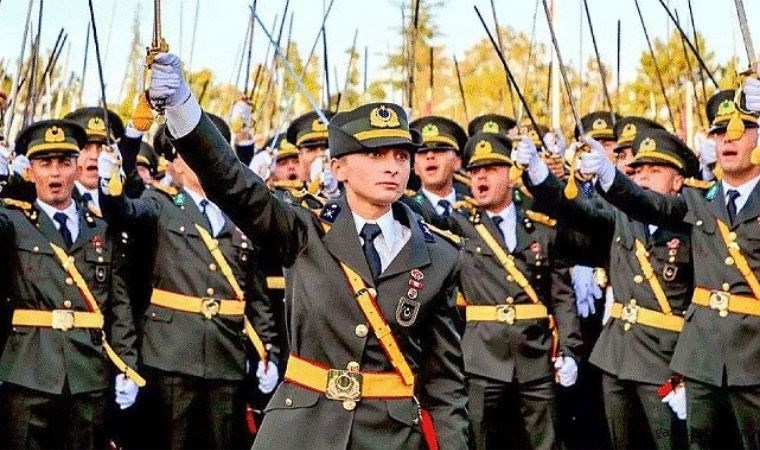 Cumhuriyet Savcısı açığa alındı!
Cumhuriyet Savcısı açığa alındı!
-
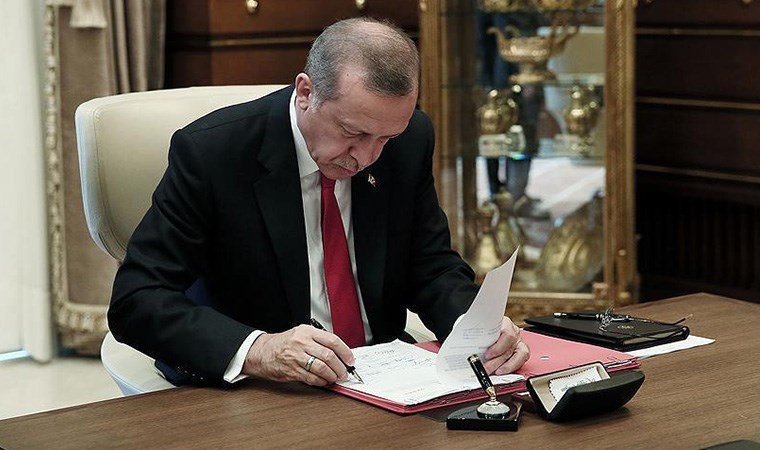 Zam oranı belli oldu: Hepsi artacak!
Zam oranı belli oldu: Hepsi artacak!
-
 Real Madrid Arda Güler için son noktayı koydu!
Real Madrid Arda Güler için son noktayı koydu!
-
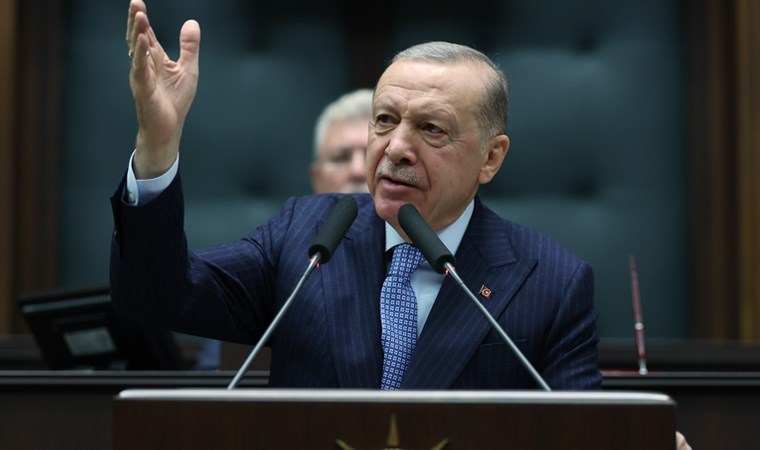 Bahçeli'nin 'Öcalan' çağrısına ilk yanıt
Bahçeli'nin 'Öcalan' çağrısına ilk yanıt
-
 Aile hekimleri 5 gün iş bırakacak
Aile hekimleri 5 gün iş bırakacak
-
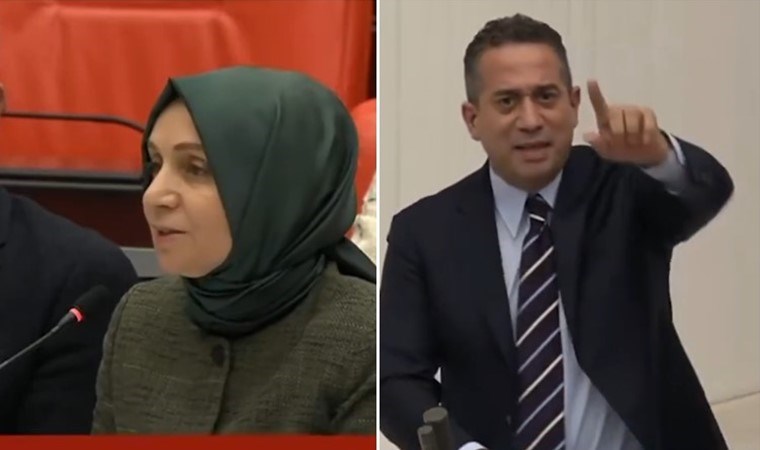 'LBGT faaliyeti içinde olan bir derneğin...'
'LBGT faaliyeti içinde olan bir derneğin...'
-
 O marka listede: Hamburgerden 'at eti' çıktı
O marka listede: Hamburgerden 'at eti' çıktı
-
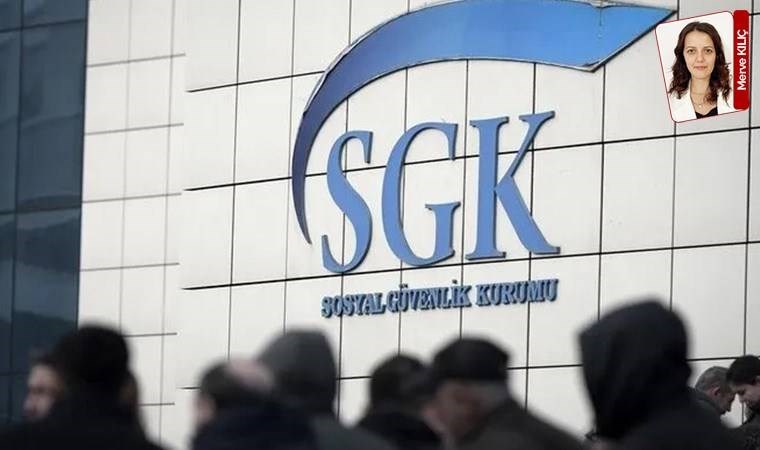 İktidar harekete geçti
İktidar harekete geçti
-
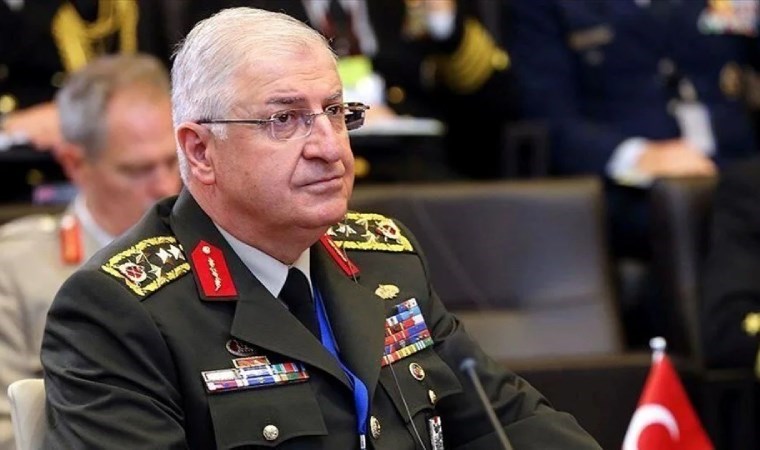 Milli Savunma Bakanı'ndan 'teğmenler' açıklaması!
Milli Savunma Bakanı'ndan 'teğmenler' açıklaması!
-
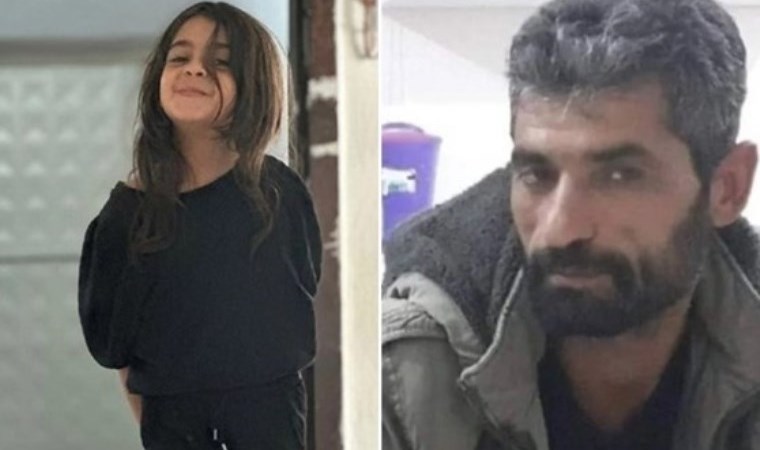 Narin'in cesedini böyle saklamış!
Narin'in cesedini böyle saklamış!